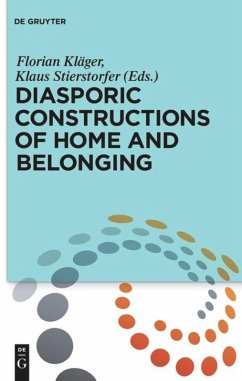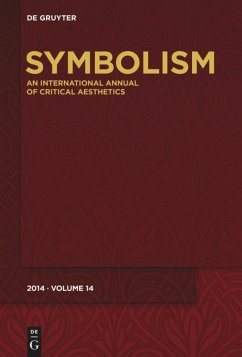
The Horn of Africa and Italy
Colonial, Postcolonial and Transnational Cultural Encounters
Herausgegeben: Mussgnug, Florian; Brioni, Simone; Gulema, Shimelis
Versandkostenfrei!
Versandfertig in 6-10 Tagen
80,60 €
inkl. MwSt.
Weitere Ausgaben:

PAYBACK Punkte
0 °P sammeln!
This multidisciplinary volume analyses key themes and topics related to the cultural encounters between Italy and its former colonies in the Horn of Africa (Eritrea, Ethiopia and Somalia). The multi-faceted relations between the Horn of Africa and Italy were initiated during the colonial period but have also been shaped more recently through migration. In eleven chapters by experts in comparative literature, cultural studies, history, migration studies, political philosophy and postcolonial theory, the volume highlights how the legacy of colonialism permeates Italian society as well as influen...
This multidisciplinary volume analyses key themes and topics related to the cultural encounters between Italy and its former colonies in the Horn of Africa (Eritrea, Ethiopia and Somalia). The multi-faceted relations between the Horn of Africa and Italy were initiated during the colonial period but have also been shaped more recently through migration. In eleven chapters by experts in comparative literature, cultural studies, history, migration studies, political philosophy and postcolonial theory, the volume highlights how the legacy of colonialism permeates Italian society as well as influencing the construction of national identities in the Horn of Africa. The analysis of this transnational encounter opens up new possibilities for comparative research and critical synergies in Italian studies, African studies and beyond.














